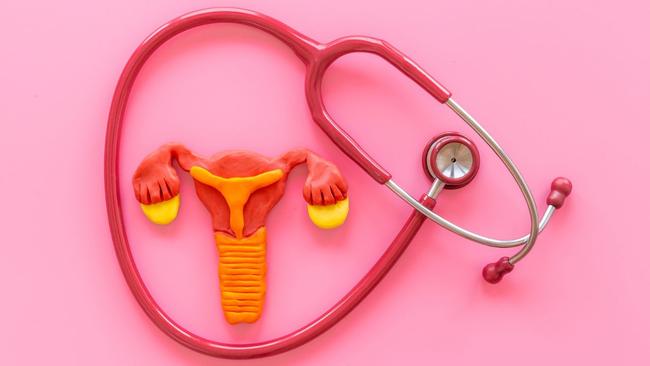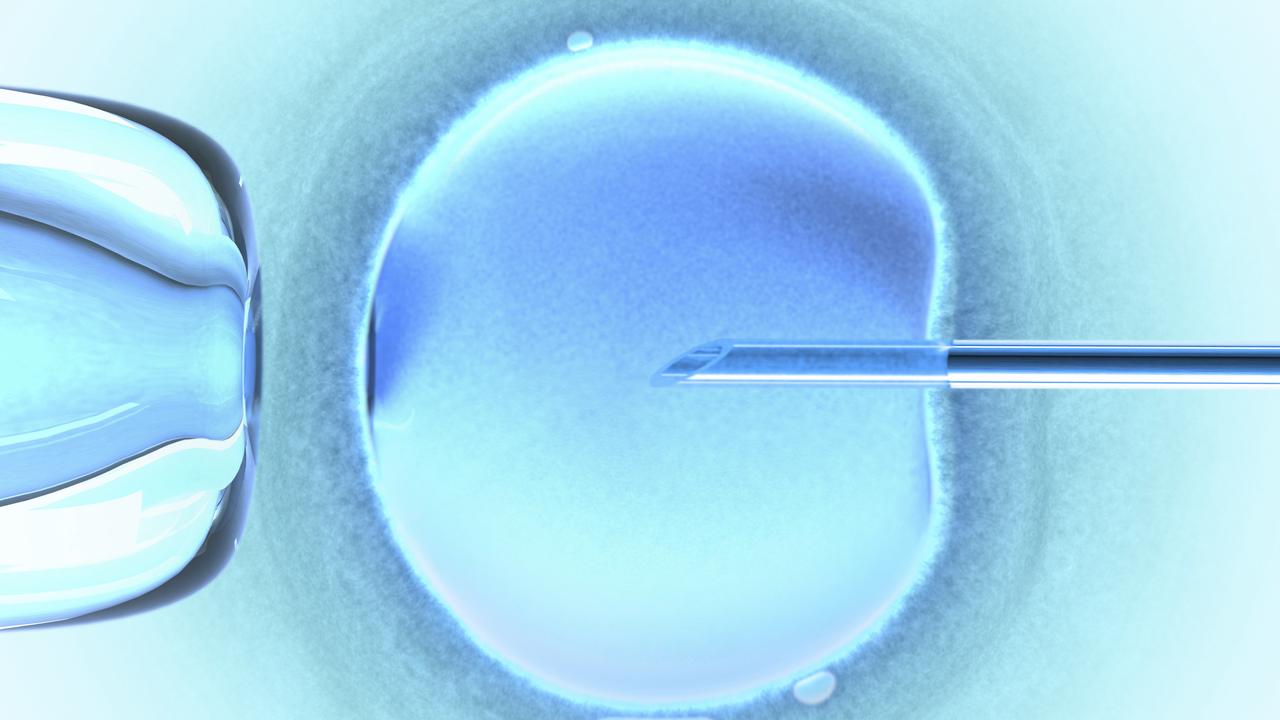Ask a Female GP: 'How do I check my fertility?'
The clock is ticking

Fertility
Don't miss out on the headlines from Fertility. Followed categories will be added to My News.
We spend our whole lives trying not to fall pregnant, until we want a baby. But conceiving is not always as simple as rolling around in the hay. It might be time to check the status of your fertility before you 'miss the boat', says Dr Deb Cohen-Jones.
A woman’s fertility is determined by a number of factors which can vary as they age and depending on their partner. The concept of “checking your fertility” has emerged as women realise that whilst “having it all” is great in theory, it might not equate biologically.
Biologically we are supposed to reproduce in our twenties or late teens and while prioritising career, travel, and independence are all worthy pursuits, it is beneficial to have an understanding of your future potential fertility and timelines for planning purposes.
Like what you see? Sign up to our bodyandsoul.com.au newsletter for more stories like this.
Increasingly I am asked by patients for a fertility check in their mid to late 30s, by which time they are shocked to hear that regardless of their cycle regularity and desire to conceive, after the age of 35, a woman's fertility begins to decline rapidly and some may realise they have possibly “missed the boat”. So what can be done about this and when should we check?
What's an AMH test?
Firstly it is most important to note that when conceiving there are two people involved in any natural conception and hence a fertility check for a female examines only her reproductive system and is therefore not representative of a couple's future fertility. There are, however, good indicators primarily of a woman's likely duration of fertility which can be tested at any age.
The first thing to be checked when conducting this assessment is a woman’s AMH (anti-mullerian hormone) which is an indicator of the egg count or ovarian reserve at that time. Essentially it is an estimate of the remaining egg supply by measuring the AMH hormone which is produced by the follicles that support the eggs.
The AMH test can only be done if you are not using contraception at the time, in particular, combined hormonal contraception with estrogen as this can alter the result significantly.
Women are born with an average of one million eggs but as they age, through ovulation and cell death, the supply wanes over time and the rate of decline varies between women. The AMH or ovarian reserve is determined by a number of factors including genetics (a family history of early menopause), ovarian surgery or severe endometriosis, and cancer treatment like chemo/radiotherapy.

The earlier, the better
Testing your AMH in your late 20s, or early 30s can be very helpful in determining whether or not you will be fertile in your later years. Obviously, this result is independent of other variables like a future partner's fertility and other unknown factors which may impact fertility but knowing that you have an average or higher than average AMH at this time means you can safely wait to try and conceive in later years. If your AMH is low on several occasions or counts this is an indicator that you do not have time on your side. In this case, we recommend either trying to conceive sooner if this is appropriate or freezing eggs to safeguard for future pregnancy.
Other important regular tests to do include STD screening, particularly for chlamydia and gonorrhea as these left untreated can cause pelvic inflammatory disease and subsequent abnormalities of the anatomy which may affect fertility.
A tertiary pelvic ultrasound is also helpful to look for the number of antral follicles present as well as to assess the female anatomy and make sure there are no absent or abnormal components. Ultimately when it comes to checking fertility there is still very much left unknown until a couple starts trying to conceive however as a general rule of thumb, if you are planning on delaying children until after your mid-30s, doing the above checks is vital to remain informed and prevent unnecessary heartache and disappointment which I see all too often in women who have left their run too late.
Dr Deb Cohen-Jones is a general practitioner at Cottesloe Medical Centre in Western Australia and co-owner of The Secret Skincare. She has a special interest in cosmetic medicine, mental health, women's health, and dermatology. You can find her on Instagram here.
Originally published as Ask a Female GP: 'How do I check my fertility?'



